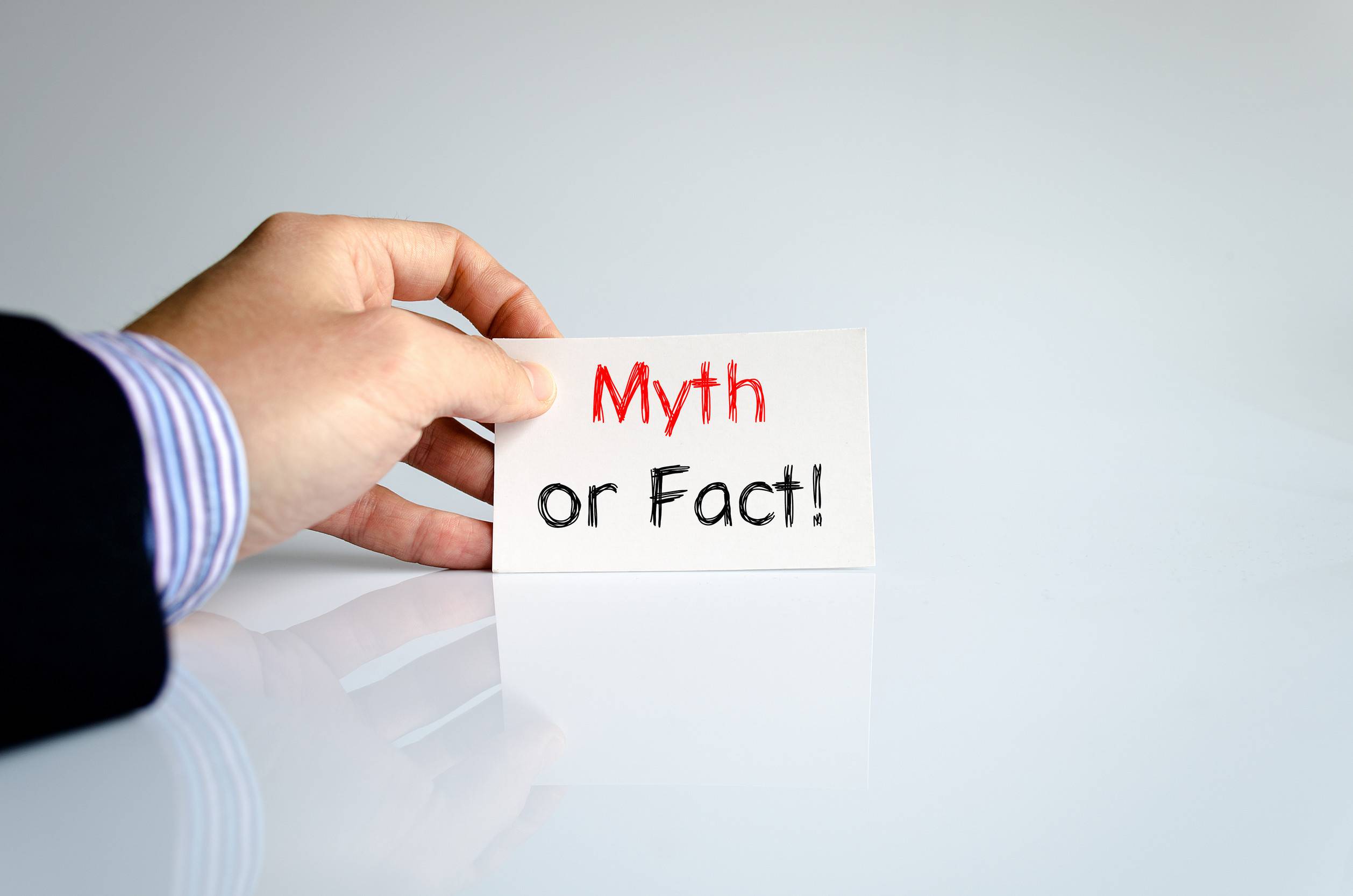Top 10 Misconceptions About the Cameroon eVisa

Cameroon started using the eVisa system in April 2023 to make applying for a visa easier and to welcome more visitors. While this online system has many benefits, some people still believe things that aren’t true about how it works. Knowing the facts can help you avoid problems and apply without stress. These wrong ideas can lead to delays, rejected applications, or confusion at the border. That’s why it’s important to understand what the eVisa really is—and what it isn’t. To ensure a smooth travel experience, always rely on accurate information and apply for Cameroon eVisa through the official platform.
Misconception 1: The eVisa is a "Visa on Arrival"
Reality: While the eVisa simplifies the entry process, it is not a visa on arrival. You must apply for and receive your eVisa authorization before traveling to Cameroon. The online authorization, which includes a QR code, allows you to board your flight. Upon arrival at a Cameroonian port of entry (airport, seaport, or land border), your biometrics will be collected, and the actual visa sticker will be affixed to your passport.
Misconception 2: You no longer need to visit an embassy or consulate at all.
Reality: For many applicants, the eVisa system indeed eliminates the need for a physical visit to an embassy or consulate. The entire pre-registration, document upload, and payment process is done online via the official portal, evisacam.cm.
However, in some cases, particularly if you are in a country with a diplomatic mission and your application has been processed there, you might be invited for biometric enrollment and visa sticker affixing at the embassy/consulate. If you're in a country without a diplomatic representation, your biometrics will be collected upon arrival at the border post.
Misconception 3: The eVisa processing is instant or takes only a few hours.
Reality: While the eVisa system significantly reduces processing times compared to traditional methods, it is not instantaneous. The eVisa process can take several working days or even weeks, especially if extra checks are needed. If documents are missing or unclear, the wait may be longer. Apply at least 2–3 weeks before your travel date to be safe. However express processing is available for urgent eVisa applicants for a higher fee.
It's crucial to factor in these processing times and apply well in advance of your intended travel date, especially during peak seasons or if unforeseen issues arise. The processing time can also be extended if more information or documents are requested.
Misconception 4: The eVisa is just a digital file that's emailed to you, no physical stamp is needed.
Reality: You will receive an "online visa authorization with a QR Code" via email if your application is approved. This document is essential for travel to Cameroon. However, upon arrival, this authorization is converted into a physical visa sticker that is affixed to your passport after biometric enrollment. The eVisa is digitally linked to your passport, but a physical stamp is still part of the final entry process.
Misconception 5: The eVisa guarantees entry into Cameroon.
Reality: While a valid eVisa authorization is a crucial step, it does not guarantee entry. Like any visa, the final decision on entry rests with immigration officers at the port of entry. They will verify your documents, purpose of travel, and may ask further questions. Providing accurate and consistent information throughout your application and upon arrival is paramount.
Misconception 6: All visa types are available through the eVisa system.
Reality: The eVisa system primarily caters to transit, short-stay (tourism, business, family visits), and long-stay visas. While the validity of short-stay visas has been extended up to 180 days and long-stay visas up to 360 days, specific visa types like work permits may still have different application procedures or require additional steps that go beyond the initial eVisa application. Always check the official eVisa portal or the relevant embassy website for the exact requirements for your specific purpose of travel.
Misconception 7: You don't need proof of funds or accommodation with an eVisa.
Reality: Just like with traditional visa applications, you are typically required to provide proof of sufficient funds to cover your stay and proof of accommodation (e.g., hotel reservations, letter of invitation from a host) when applying for the Cameroon eVisa. These documents are crucial for demonstrating the genuine purpose of your visit and your ability to support yourself during your time in Cameroon.
Misconception 8: The eVisa is only for tourists.
Reality: Many people think that the Cameroon eVisa is only for tourism, but that is not true. The eVisa can also be used for other reasons such as business trips, visiting family or friends, attending short study programs, or passing through Cameroon on your way to another country (transit). During the online application, you must choose the visa type that matches your purpose of travel. You also need to upload documents that support that purpose—for example, a business invitation for a work trip or a family letter if you're visiting relatives.
Misconception 7: My employment status doesn’t matter for a Cameroon eVisa.
Reality: Your job situation or financial background is very important when applying for a Cameroon eVisa. Immigration officials want to know that you have enough money to take care of yourself during your stay and that you have a reason to return home. If you have a job, you should show a letter from your employer and recent pay slips. If you're self-employed, show business documents and bank statements. If you're a student, retired, or unemployed, you'll need other documents like proof of studies, pension payments, or a sponsor’s letter and bank statements. This helps show that you are not likely to overstay your visa.
Misconception 9: I can visit other Central African countries with a Cameroon eVisa.
Reality: The Cameroon eVisa only allows you to enter and stay in Cameroon. It does not let you travel to nearby countries like Chad, Gabon, or the Central African Republic. Each country has its own visa rules, and you must apply separately if you want to visit them. Don’t plan a multi-country trip without checking visa requirements for each destination.
Misconception 10: I don’t need to show return tickets or accommodation.
Reality: To get a Cameroon eVisa, you usually have to show that you have planned your trip properly. This includes having a return flight ticket or proof of when you will leave Cameroon. You also need to show where you will stay—like a hotel booking or an invitation letter from a friend or family member. These documents help immigration officers understand that you don’t plan to stay longer than allowed and that you have a safe place to stay during your visit.
Final Tips for a Smooth Cameroon eVisa Application
To avoid problems with your Cameroon eVisa application, follow these simple steps:
- Read all instructions carefully: Take time to read each step and requirement. This helps you avoid mistakes that could delay or cancel your application.
- Submit clear and complete documents: Make sure all your documents (passport, photos, letters, etc.) are easy to read and nothing is missing.
- Apply early: Don’t wait until the last minute. Apply at least a few weeks before your trip to give time for processing and any corrections.
- Be honest in all answers: Always tell the truth on your application. False information can lead to rejection or even a ban from future travel.
- Check your email regularly: After applying, keep an eye on your email for updates or requests from the eVisa team.
- Prepare for entry checks: Even with a visa, immigration officers at the airport may ask questions. Be ready to show your return ticket, hotel booking, and other key documents.
By being aware of these common misconceptions, travelers can approach the Cameroon eVisa application process with accurate information, increasing their chances of a smooth and successful experience..
Disclaimer: While this information was last updated in January 2026, we strongly suggest confirming all travel details with the appropriate governmental agencies, embassies, and airlines.
Applying for a Cameroon eVisa
- Step 1: Complete the online application form with your personal details and passport information.
- Step 2: Proceed to securely pay online using your credit card.
- Step 3: Check your email for payment confirmation and receipt of your Cameroon eVisa, which will be sent electronically.



